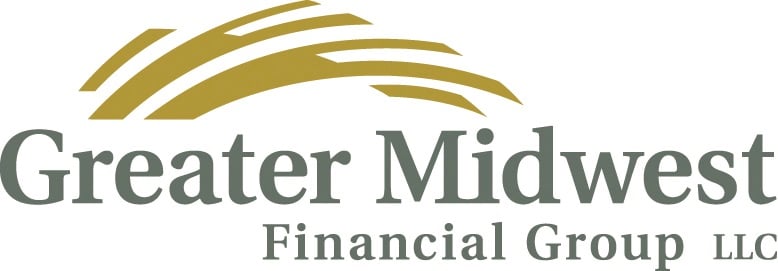
When you own a dental practice, there are a number of unique considerations to make when offering benefit plans. Often, dental practices have a much smaller team of full-time employees – which can mean that expensive benefits packages are out of reach.
However, there are a number of benefits you can offer to your employees that are both economical and enticing.
⇾ Read Now: How to Find Small Business Benefit Planning Services in MN
Benefits Plan Options for Dental Practices
When creating a benefits plan, it’s important to know your options. Below are the most common benefits plan options for dental practices, in order from what typically has the highest monetary cost to the employer to the lowest.
1. Medical, Dental, and/or Vision Insurance
Health insurance is one of the most sought-after employee benefits, so it’s worth considering as an offering. Depending on the number of employees and their needs, offering supplemental insurance like dental or vision may be more attractive than health insurance. The best way to find out is to ask your employees – send out a survey to gauge interest in health insurance options.
2. Flexible Spending Accounts (FSAs) and/or Health Savings Accounts (HSAs)
Another popular benefit to offer are spending and savings accounts for your employees, with a potential employer match. For some dental practices, especially those with a small number of employees, this can be a more economical alternative to offering health insurance.
⇾ Read Now: What is a Health Savings Account (HSA)?
3. Retirement Plans
There is a wide variety of retirement plan options for employers, which makes this benefit attractive. You can offer employees retirement plans that grow along with your business.
The three most common retirement plans are:
- Traditional 401(k) - This is the most common retirement plan option – popular with both employers and employees. There are a wide number of plan providers to choose from, including some that specialize in small businesses.
- SIMPLE IRA - A Savings Incentive Match Plan for Employees (SIMPLE) IRA is a popular retirement plan option for small businesses. It gives employees the option to contribute more toward their retirement vs creating an individual IRA account, but it’s typically lower cost to employers than a 401(k).
- SEP IRA - A Simplified Employee Pension, or SEP IRA, is the most inexpensive retirement plan option for employers. It does not allow employees to contribute, but it still offers some retirement funding.
⇾ Read Now: The Best Retirement Plan Options for Small Business Owners
4. Life and/or Disability Insurance
Life insurance and disability insurance (both short- and long-term) are attractive for small businesses because of their much lower cost to the employer. This can be a way to provide some benefits to employees, or in conjunction with other benefits.
5. Personal Time Off
Most full-time employees expect and want PTO from their employers. Sick days, personal time, bereavement, and vacation are common categories but some employers expand PTO to other areas as well, like mental health days, paid parental time off, voting time, etc. A generous, but reasonable, PTO plan can be extremely attractive for current and future employees.
Retirement and Benefits Planning Services with Greater Midwest Financial Group
Planning for Business Owners/Executives
For business owners, benefits planning requires additional considerations and paperwork.
Work with an advisor and get answers to your biggest executive benefit questions:
- What are the different types of stock options available to me and what are their tax consequences?
- Should I use my deferred compensation plan? How much of my compensation should I defer?
- How do insurance and fringe benefits impact my need for other insurance outside my company?
- How can I best navigate tax and planning issues?
Benefits Planning for Individuals
We also offer advice for your employees. They can receive support with choosing these benefits and more:
- Health insurance
- Life insurance
- 401K/403b
- Stock options
- Deferred compensation
- Long Term Disability Insurance
- Employee Stock Purchase Plan (ESPP)
- Health Savings Account (HSA)
- Flexible Savings Account (FSA)
 Download Now: How to Create an Economical Employee Benefits Plan
Download Now: How to Create an Economical Employee Benefits Plan
Financial Strategies for Dental Professionals
Creating a benefits package is a challenge for many dental practices.
This guide breaks down the most popular options for benefits packages and some case study examples Greater Midwest Financial Group has handled for dental practices in the Midwest.
Greater Midwest Financial Group is a financial advisor firm serving St. Paul, Minneapolis and the wider Twin Cities area. We specialize in wealth management, retirement planning, asset management and other personal finance needs.
Photo by Gustavo Fring: https://www.pexels.com/photo/a-dentist-with-a-patient-at-a-dental-clinic-4971556/




